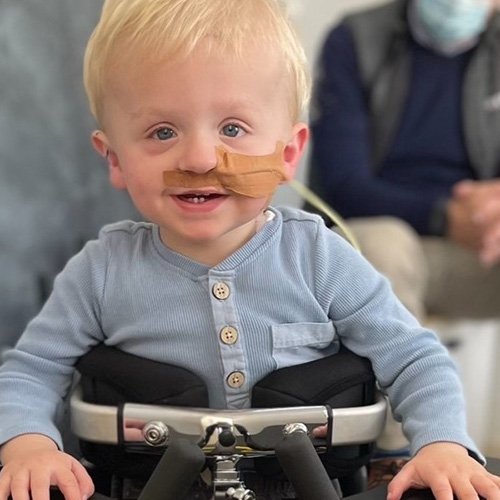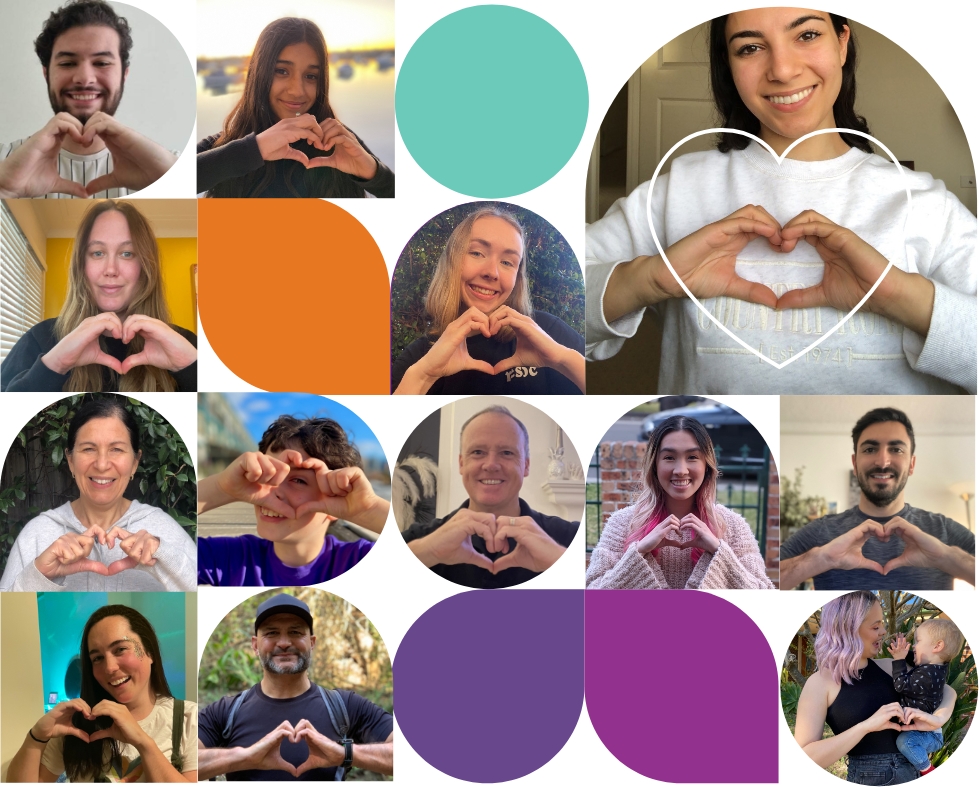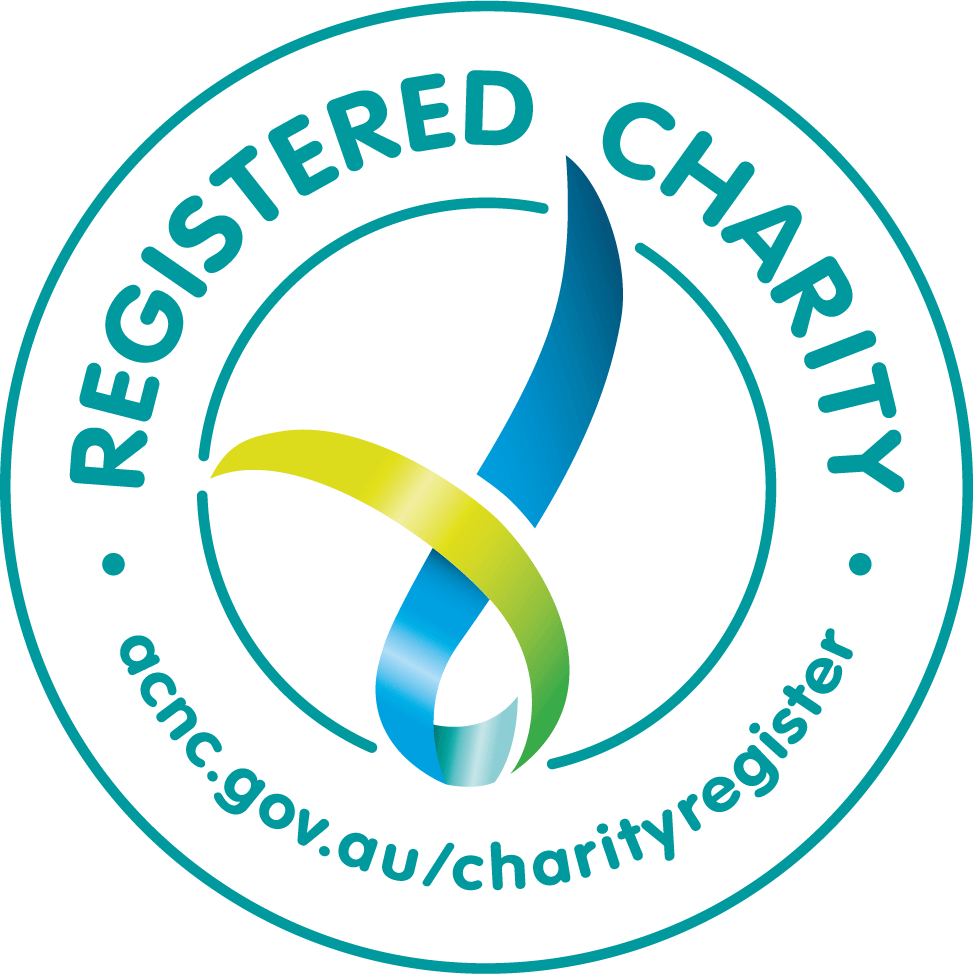Tommy's journey has been a rollercoaster ride of uncertainty and resilience. It all began with a single word: seizure. At just 10 months old, Tommy experienced his first seizure. After two more seizures, he was transferred to Sydney Children's Hospital, Randwick to receive treatment from the neurology team.
In the seven years that have passed, Tommy has developed other symptoms that don't fit a conventional diagnosis. Initially doctors suspected Tommy had global developmental delay, but thankfully he has caught up to his peers in many areas, except for delays in his fine motor skills and his speech.
“Tommy is quite smart. He's a happy kid who enjoys gaming. He is obsessed with his dog, Buddy, and he's got a big brother Geordie that he loves to play outdoors with,” says Peeta, Tommy’s mum.
“He is also quite resilient. I know it sounds cliché but he deals with the medical side of things really well and takes everything in his stride. Going to hospital every three weeks for two days of infusions, is kind of second nature to him now.”

At the age of four, after multiple attempts of anti-epileptic medication regimes, Tommy's condition showed signs of having an auto-immune disease component, meaning Tommy's own immune system was making his seizures more active.
Peeta says, “There's no definitive diagnosis that Tommy has. We just know that he responds well to a treatment cycle of IVIG and methylprednisolone every 21 days, to the day. If Tommy doesn't get his treatment on day 21, he becomes quite lethargic and the longer that goes on, he basically becomes non-responsive and he'll end up in a coma.”
IVIG, or immunoglobulin, is a blood product that helps the body defend itself against infections and autoimmune diseases. Methylprednisolone is a steroid that reduces inflammation and the effects of autoimmune diseases that attack the body. Together these treatments are keeping Tommy functioning.

Dr Pillai, a neurologist at Sydney Children's Hospital, Randwick, specialises in neuroimmunology.
“The neuroimmunology team is quite small, but we do work with a lot of other teams for Tommy's care. Neuroimmunology is a branch of neurology that focuses on autoimmune disorders, things that can range from multiple sclerosis to much rarer conditions generated by someone's own antibodies,” says Dr Pillai.
Those other teams include immunologists, neuropsychologists, speech pathologists and occupational therapists, as well as geneticists who are sending Tommy's genetic sequences to other researchers in the world to find other kids with similar symptoms like Tommy's, and maybe one day can lead to a diagnosis.
Dr Pillai is appreciative of the support neurology fellows, funded by Sydney Children’s Hospitals Foundation (SCHF), have given to Tommy's care over the last five years.
Peeta is grateful for the impact that donors have on the treatment, care and research that supports thousands of kids, like Tommy, throughout the Sydney Children’s Hospitals Network.
"I'd say thank you but thank you just doesn't seem like enough. But what other words can you say?” Peeta reflects.
Your support can make a real difference in the lives of children, giving them the chance they deserve to live a healthy, happy life.
To donate to the Sydney Sick Kids Appeal 2024 and help children, like Tommy, click the donate button below.












